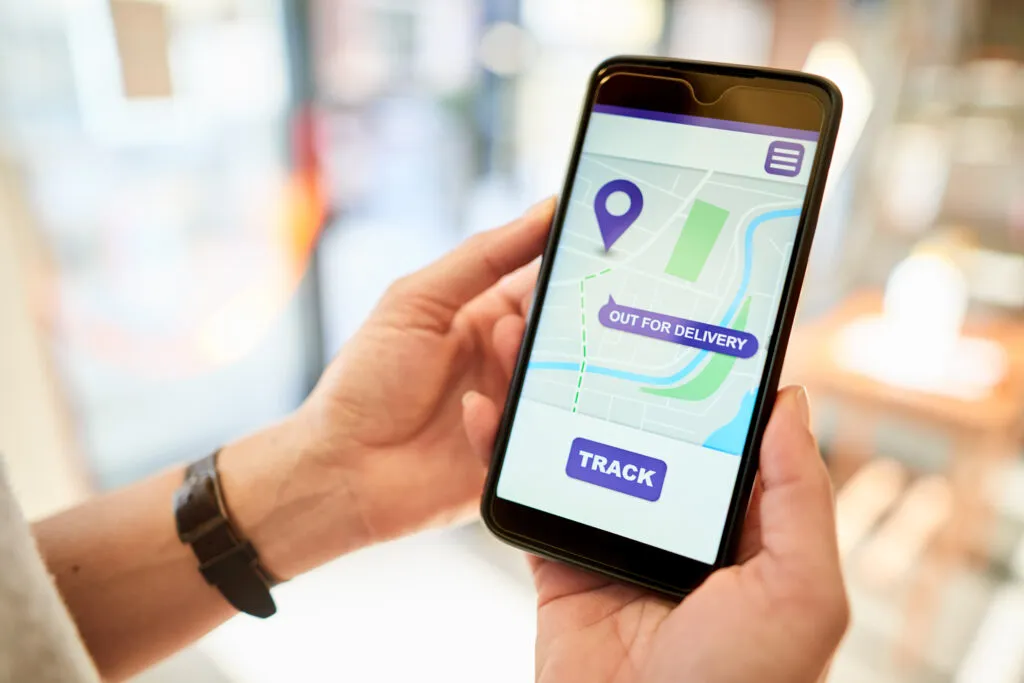
Get home early with RoadWarrior.
Enter your stops, optimize your routes, manage your team – quickly and efficiently.
Try RoadWarrior free for 7 days
Try free for 7 daysIntroduction to Dispatching
Dispatchers are communication professionals who receive and transmit emergency and non-emergency phone calls. They are responsible for providing assistance to callers and dispatching the appropriate personnel or services. Dispatchers must possess strong communication, problem-solving, and decision-making skills, as they often work in fast-paced environments where quick thinking is essential. Let’s jump in and see how to become a dispatcher.
Types of Dispatchers
Transportation Dispatchers
Transportation dispatchers ensure the smooth flow of goods and services by dispatching transportation resources to the appropriate locations. They may work in industries such as logistics, delivery services, or public transportation, coordinating schedules and relaying information to drivers or operators.
Trucking and Freight Dispatchers
Trucking and freight dispatchers work exclusively for trucking companies and large-scale delivery services. They are responsible for coordinating the pick-up, delivery, and transportation of cargo, ensuring that goods reach their intended destinations on time and in good condition
Responsibilities of a Dispatcher
Dispatchers have a range of responsibilities depending on the type of dispatcher and the industry they work in. However, common responsibilities include:
- Answering emergency and non-emergency phone calls
- Providing assistance and instructions to callers while waiting for emergency personnel or services to arrive
- Dispatching the appropriate personnel or services based on the nature of the call
- Tracking the status and locations of first responders or service providers
- Keeping accurate records of calls, incidents, and responses
- Coordinating and communicating with other dispatchers or communication centers
- Operating switchboards and handling multiple calls simultaneously
Dispatchers must remain calm under pressure, exhibit empathy towards callers, and make quick and accurate decisions to ensure the safety and well-being of those they serve.
How to Become a Dispatcher
Becoming a dispatcher typically requires a high school diploma or GED. While a college degree is not always required, some employers may prefer candidates with additional education or relevant certifications. The specific steps to becoming a dispatcher may vary depending on the industry and location. However, the following general steps can guide you on your path to becoming a dispatcher:
- Research the field: Gain a thorough understanding of the role and responsibilities of a dispatcher in your desired industry. Research the specific requirements, skills, and qualifications needed for the type of dispatcher you wish to become.
- Obtain the necessary education: While a high school diploma is the minimum requirement, consider pursuing additional education or training to enhance your skills and marketability. Relevant coursework or certifications in areas such as public safety communications, telecommunications, or professional communication can be beneficial.
- Gain practical experience: Look for entry-level positions or internships in customer service or call centers to gain experience in handling phone calls, multitasking, and problem-solving. This experience can demonstrate your ability to work under pressure and handle multiple responsibilities simultaneously.
- Develop essential skills: Strengthen your communication, listening, and decision-making skills, as these are critical for success as a dispatcher. Practice effective communication techniques, active listening, and problem-solving strategies to improve your proficiency in these areas.
- Research industry-specific regulations and procedures: Familiarize yourself with the regulations, protocols, and procedures specific to the industry in which you wish to become a dispatcher. Understand the technology and software commonly used in the field, such as computer-aided dispatch systems or mapping software.
- Apply for dispatcher positions: Once you have acquired the necessary skills and qualifications, start applying for dispatcher positions in your desired industry. Tailor your resume and cover letter to highlight relevant experience, skills, and certifications. Be prepared for interviews, which may include scenario-based questions to assess your decision-making abilities and problem-solving skills.
- Complete any required training or certifications: Depending on the industry and employer, you may need to complete on-the-job training or obtain specific certifications to become a dispatcher. Stay updated on any continuing education or recertification requirements to ensure compliance with industry standards.
Dispatcher Training and Certification
Dispatcher training and certification requirements vary depending on the industry and location. Some states or employers may require specific training or certification programs for dispatchers, while others provide on-the-job training. Here are some common training and certification options for dispatchers:
- On-the-job training: Many dispatchers receive training directly from their employers, where they learn the specific protocols, systems, and procedures of the organization. This training is often provided by experienced dispatchers or supervisors.
- Industry-specific training programs: Some industries offer specialized training programs for dispatchers, providing comprehensive education on the specific responsibilities and requirements of the field. These programs may cover topics such as emergency response procedures, communication techniques, and software utilization.
- Certification programs: Certain certifications, such as those offered by the International Academies of Emergency Dispatch or the National Dispatch and Freight Certification Association, can enhance your credentials as a dispatcher. These certifications often require passing an examination and demonstrating proficiency in specific areas of dispatching.
It’s crucial to research the specific training and certification requirements for the type of dispatcher you wish to become and ensure compliance with industry standards.
How to Become a Truck Dispatcher
If you’re interested in becoming a truck dispatcher, follow these steps to launch your career:
- Meet the basic requirements: Most truck dispatcher positions require a high school diploma or GED. Some employers may prefer candidates with post-secondary education or relevant certifications.
- Gain customer service experience: Acquire customer service experience, as this can demonstrate your ability to handle phone calls, solve problems, and work efficiently under pressure. Look for entry-level positions or internships in customer service or call centers.
- Familiarize yourself with the trucking industry: Develop a strong understanding of the trucking industry, including its regulations, logistics, and terminology. Stay updated on local and federal laws and regulations applicable to the trucking industry.
- Enhance your communication and computer skills: Strengthen your communication skills, both written and verbal, as well as your computer skills. Familiarize yourself with telecommunications technology and truck dispatching software commonly used in the industry.
- Consider specialized training or certifications: While not mandatory, completing a truck dispatcher training course or obtaining certifications from organizations such as the National Dispatch and Freight Certification Association (NDFCA) can enhance your credentials and demonstrate your commitment to the field.
- Apply for truck dispatcher positions: Start applying for truck dispatcher positions with trucking companies and large-scale delivery services. Highlight your relevant experience, skills, and certifications in your application materials.
- Stay updated on industry trends and regulations: Continuously educate yourself on industry trends, regulations, and advancements in truck dispatching. Attend industry conferences, webinars, or workshops to expand your knowledge and network with professionals in the field.
Skills and Qualifications for Dispatchers
Dispatchers require a set of skills and qualifications to excel in their roles. While specific skills may vary depending on the type of dispatcher and industry, here are some essential skills and qualifications for dispatchers:
- Excellent communication skills: Dispatchers must possess strong verbal and written communication skills to effectively communicate with callers, emergency personnel, and service providers.
- Ability to multitask: Dispatchers often handle multiple calls and tasks simultaneously, requiring the ability to prioritize and manage their time efficiently.
- Decision-making skills: Dispatchers must make quick and accurate decisions, especially during emergency situations where lives may be at stake. They must be able to assess information and determine the appropriate response.
- Empathy and compassion: Dispatchers frequently interact with callers in distressing situations. They must exhibit empathy, compassion, and professionalism while providing assistance and support.
- Computer literacy: Dispatchers utilize various computer systems, software, and telecommunications technology. Proficiency in using these tools is essential for effective dispatching.
- Ability to work under pressure: Dispatchers work in fast-paced, high-pressure environments. They must remain calm and composed while handling emergency situations and managing multiple responsibilities.
- Knowledge of industry-specific regulations: Dispatchers should have a solid understanding of industry-specific regulations, protocols, and procedures to ensure compliance and efficient service delivery.
Conclusion
Becoming a dispatcher can be a rewarding career choice for individuals with strong communication, problem-solving, and decision-making skills. Whether you aspire to be an emergency dispatcher, police dispatcher, transportation dispatcher, truck dispatcher, railroad dispatcher, or flight dispatcher, the path to becoming a dispatcher involves acquiring the necessary education and training, gaining practical experience, and developing the essential skills for success in the field. By following the steps outlined in this guide, you can embark on your journey to becoming a dispatcher and make a meaningful impact in your chosen industry.


